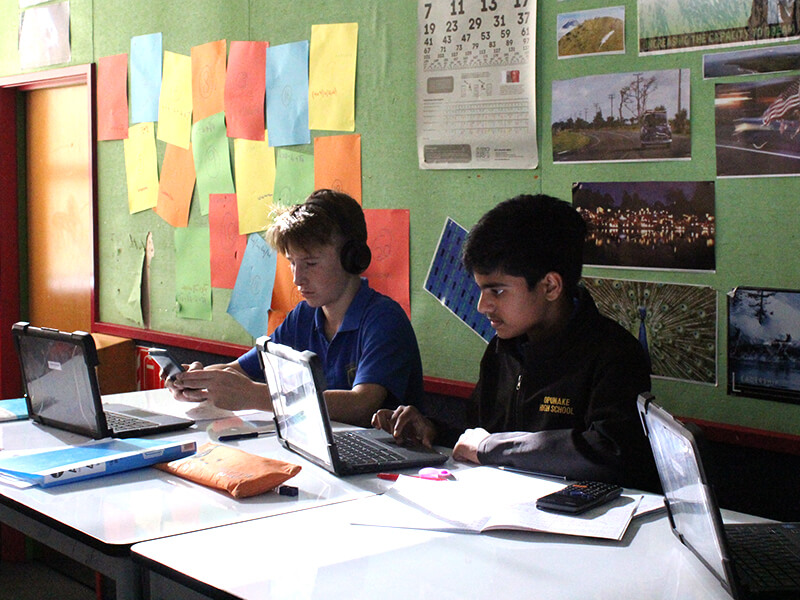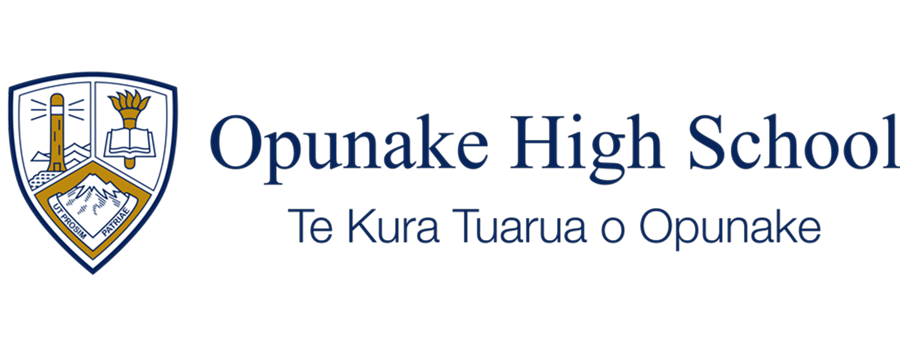“Pure mathematics is, in its way, the poetry of logical ideas.”
Albert Einstein
Mathematics
Mathematics is the exploration and use of patterns and relationships in quantities, space, and time. Statistics is the exploration and use of patterns and relationships in data. These two disciplines are related but different ways of thinking and of solving problems. Both equip students with effective means for investigating, interpreting, explaining, and making sense of the world in which they live.
Studying mathematics and statistics, enables students to develop the ability to think creatively, critically, strategically, and logically. They learn to structure and to organise, to carry out procedures flexibly and accurately, to process and communicate information, and to enjoy intellectual challenge.
By learning mathematics and statistics, students develop other important thinking skills. They learn to create models and predict outcomes, to conjecture, to justify and verify, and to seek patterns and generalisations. They learn to estimate with reasonableness, calculate with precision, and understand when results are precise and when they must be interpreted with uncertainty. Mathematics and statistics have a broad range of practical applications in everyday life, in other learning areas, and in workplaces.
The Mathematics Faculty hopes that you have a successful and enjoyable year. If you have any difficulties or concerns at any stage, please feel free to raise them with your teacher or with Whaea Justine Hart, the faculty leader of mathematics.


